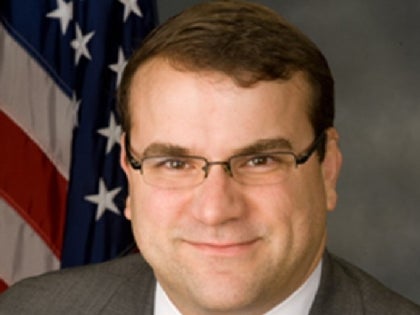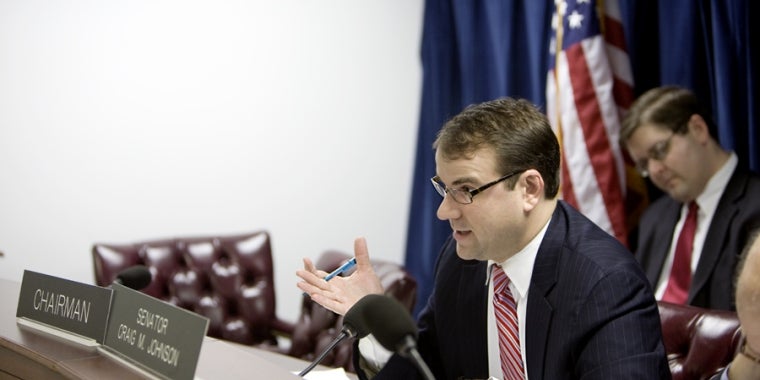
Senator Johnson: New York Adopts Among Toughest Dwi Laws in the Nation
Craig M. Johnson
November 20, 2009
-
ISSUE:
- Drunk Driving
Landmark legislation that drastically increases penalties for anyone who drives intoxicated with a child passenger, and creates some of the toughest DWI laws in the country, passed the Legislature last week, Senator Craig M. Johnson, (D-Nassau), announced.
The measure, which was co-sponsored by Senator Johnson, was in response to two horrific alcohol-related accidents. This includes last summer's crash on the Taconic Parkway that was caused by a motorist authorities said had a blood alcohol content more than twice the legal limit. Eight people were killed in that collision, including the driver's three nieces from Floral Park.
"As someone who represents a community that has deeply felt the tragedy of having someone entrusted with protecting our children get behind the wheel while under the influence, I am proud to support this vitally important legislation,” Senator Johnson said. “These tough new anti-drinking and driving measures will help protect our roads and children, as well as send a powerful message to those who seek to engage in this criminally reckless activity."
Under this legislation:
Any DWI with a child passenger:
Increases offense from misdemeanor to E felony
Increases maximum penalties from 1 year in jail to 4 years in state prison
DWI and causing serious injury to a child passenger:
Increases offense from E felony to D felony
Increases maximum penalties from 4 years to 7 years in state prison
Driving recklessly while intoxicated and causing serious injury to a child passenger:
Increases offense from E felony to C felony
Increases maximum penalties from 4 years to 15 years in state prison
Driving recklessly while intoxicated and causing the death of a child passenger:
Increases offense from D felony to B felony
Increases maximum penalties from 7 years to 25 years in state prison
Mandates ignition interlock devices for all DWI convictions:
All offenders will be required to install a ignition interlock device in their vehicle upon conviction of any DWI offense, which may only be waived upon a judicial finding that the offender has no history of alcohol abuse or dependence.
The legislation, which also passed in the Assembly, was signed into law hours after its passage in the Senate.
Share this Article or Press Release
Newsroom
Go to Newsroom

